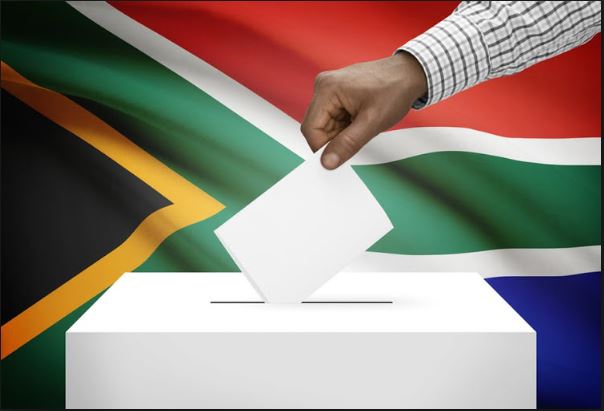South Africans have started voting in parliamentary and provincial elections on Wednesday, with queues seen winding from various polling stations.
It is 25 years since the end of apartheid, but despite the demise of the harsh system of racial discrimination, the country remains divided by economic inequality .
The ruling African National Congress has won every parliamentary election since the end of white minority rule in 1994, and opinion polls predict it will again win a majority of the 400 seats in the National Assembly.
The party has been tarnished by widespread corruption scandals and a national unemployment rate of 27% that has left many voters disillusioned. The ANC’s leader, President Cyril Ramaphosa, has campaigned on promises to clean up his party, an acknowledgment of the problems that forced his predecessor to resign last year.
Opposition leader Mmusi Maimane, who has campaigned vigorously against corruption, was one of the first voters at the Dobsonville polling station in Soweto, Johannesburg’s largest black township.
“Soweto represents to me the home of the struggle against apartheid and it is where we are now struggling against corruption and for a new government,” Maimane said after casting his ballots.
Black support for Maimane’s party, the Democratic Alliance, is limited because it is generally perceived to be run by whites.




